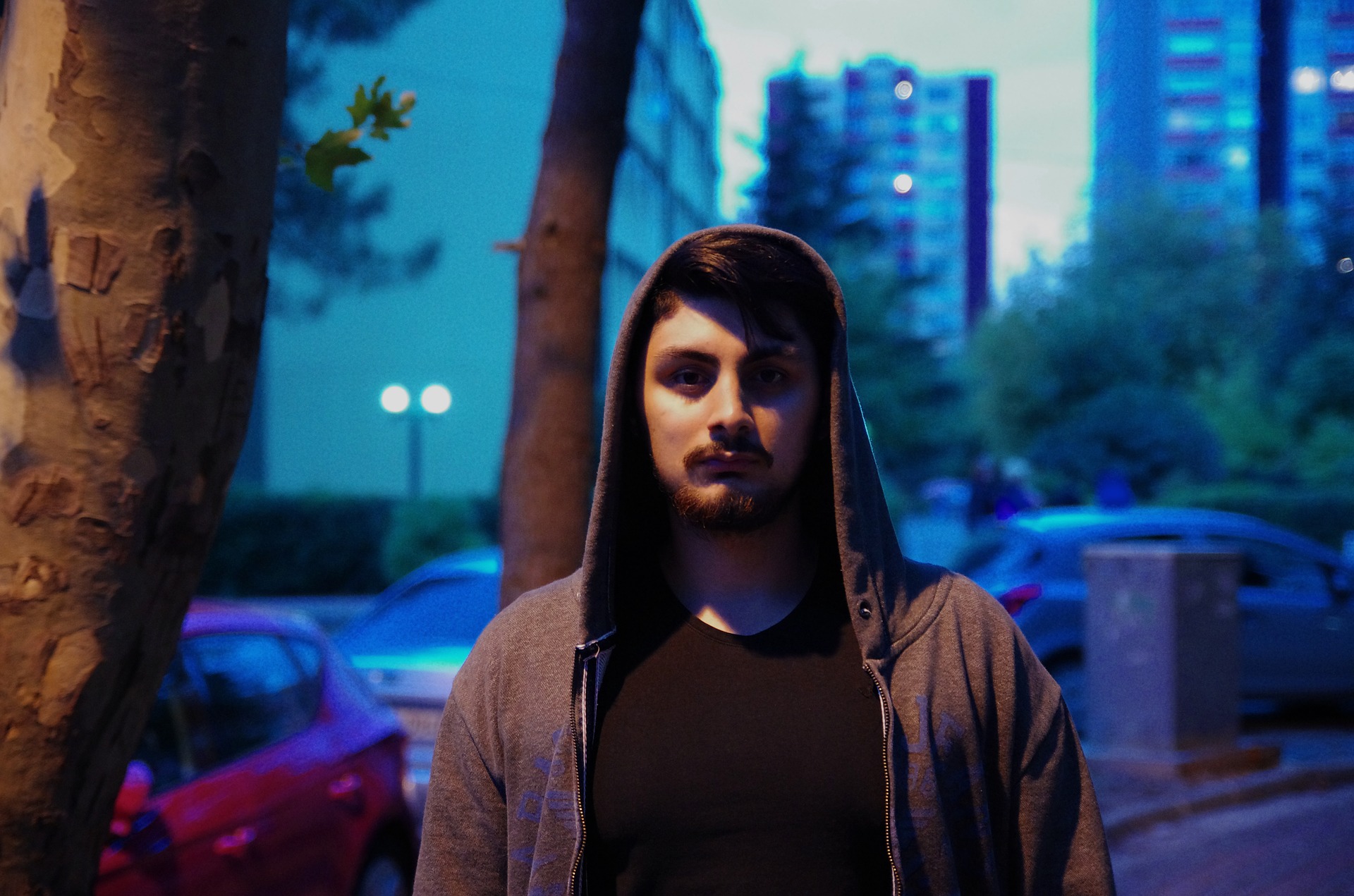7 Ways to Know for Sure That You’re Addicted to Opiates
Sometimes, it can be hard to recognize the signs of opiate addiction. You might still consider yourself a casual user who could stop taking drugs whenever you want.
It is this mindset that leads people to become addicted to opiates without even realizing it. If you’re still not certain if you have an addiction, here are seven sure signs that you have a serious drug problem.
Need more help determining if you’re addicted? Call us at 800-678-5931(Paid Advertiser) . We’ll talk through your drug use and find ways to help you stop for good.
1. You Avoid Social Situations
Frequent users of opiates often have a chronic change of mood and behavior. Addicts often display erratic emotions and withdraw from family and friends. Instead, you might find yourself making acquaintances with other drug users who encourage your habit. Eventually, this leads to depression and anxiety.
2. You’ve Lost Your Appetite

A loss of appetite is common in opiate addicts.
One of the trademark signs of long-term heroin use is a loss of appetite. If you stop eating, you will deprive your body of essential nutrients, causing your overall health to suffer.
3. You Can’t Miss a Dose
Most likely, you’ve probably developed a routine for your drug use. If you happen to miss a scheduled dose, you’ll start feeling unwell. You might have muscle aches, insomnia, sweating, nausea, and cramping. These are the early signs of withdrawal and usually appear within 12 hours of your last dose. They will go away as soon as you take more drugs.
4. You Go to Great Lengths to Obtain Drugs
Even if you started out with a legal drug prescription, you might have turned to illegal means of procurement after the precription ran out. This doesn’t have to be as intense as scouring a dark alley for shady drug dealers. Many people simply go from doctor to doctor, feigning illnesses to get a new prescription. Some even travel out of state or country to get a larger supply.
5. Your Loved Ones Are Concerned
If your friends and family have begun to comment on your drug use, then it’s probably quite clear that you are out of control. Even if you don’t want to listen to them, they know you best and can clearly note a dangerous change in your behavior.
6. You Have Extreme Cravings
Even worse than withdrawal symptoms are cravings. You might constantly have the urge to pop a pill or shoot up. This urge will refuse to go away until you give in to its calling.
7. You Need to Take More and More to Get High
Over time, as your body adjusts to constant doses of opiates, your brain chemistry will begin to change. You’ll become more and more used to having opiates in your system. This means that you will have to keep taking higher and higher doses in order to obtain the same high.
This is known as increasing tolerance and can put you at risk for overdosing as you try to that high feeling you had back in the beginning of your drug use.
Keep in mind that even if you don’t have these symptoms and aren’t technically an addict, that doesn’t mean you’re safe. Even casual drug use can lead to permanent disability or death.
If you need help safely getting off opiates, please contact us at 800-678-5931(Paid Advertiser) . Our specialists are waiting by to discuss your problems with an open mind and an open heart.
